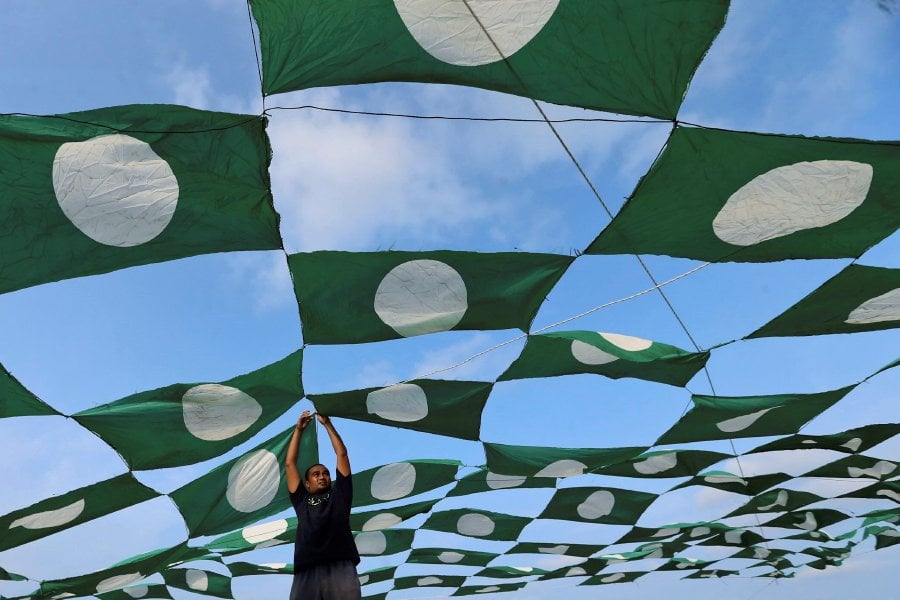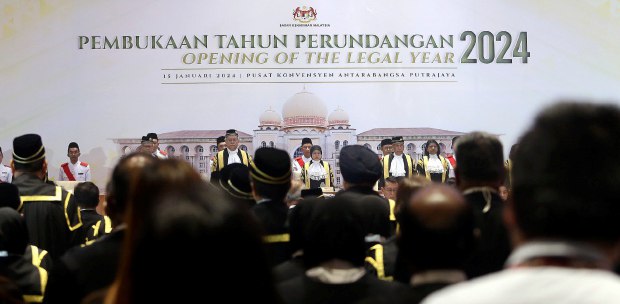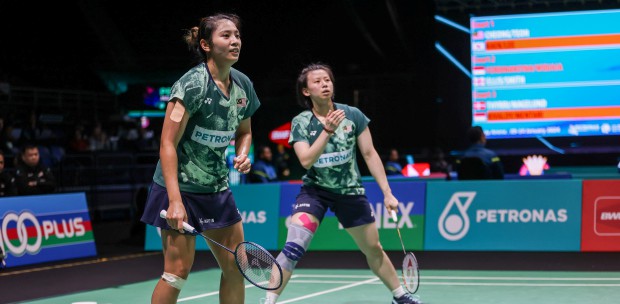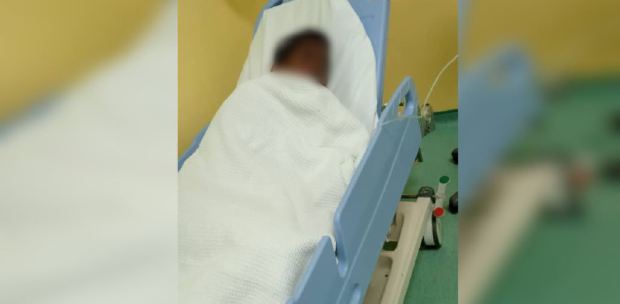KUALA LUMPUR: Despite leading its own coalition of Gagasan Sejahtera Rakyat into the 14th General Election (GE14), Pas’ achievement this year can be considered its best so far.
The Islamic political party may have only won 18 parliamentary seats in total in GE14, but gave a laudable performance at the state level by winning 90 state seats nationwide.
University of Malaya (UM) political analyst, Associate Prof Dr Awang Azman Awang Pawi said that Pas made the right decision to stand alone in GE14.
Awang said that Pas lost many state seats in the 13th General Election when it teamed up with PKR and DAP under the Pakatan Rakyat coalition.
“The support of voters for Pas has increased in the recent general election and they managed to secure 90 state seats, mostly in areas where the majority (of constituents) are Muslims voters such as in the East Coast and and the northern part of Peninsular Malaysia.
“Pas’ performance has not just affected Barisan Nasional (BN) but also Pakatan Harapan which is forming the new government.
“Its success also dismisses surveys conducted by Merdeka Centre and Invoke which failed to reveal Pas’ true potential,” he said.
Awang added that the shocking result of GE14 was based on the choice of the majority of people and hence should be accepted with an open heart by all parties.
“The initial prediction was that BN would win the general election with an easy majority, however it was the other way around.
“It’s people’s will, people’s power and people’s choice. The most important thing is that the people have voiced out their wants,” he said.
Meanwhile, Universiti Utara Malaysia’s (UUM) political analyst, Associate Prof Dr Muhammad Fuad Othman, believes Pas’ success in regaining Terengganu was the result of the “political tsunami” rejecting the long ruling coalition led by Umno/BN.
He said the line-up of professional candidates offered by the Islamic party in GE14 may also have been a contributing factor.
“They (Pas GE14 candidates) have the experience to govern the states (Terengganu and Kelantan), but sadly they are not part of the new federal government.
“If not, it (Pas in Terengganu and Kelantan) would be a solid new government with widespread support from (people of) all quarters and walks of life,” he said.
Muhammad also said that Malaysians could expect an interesting development in the relationship between the Pas state government and the newly formed federal government anchored by Pakatan Harapan (PH).
“They are not from the same side and now, are at odds,” he said.
Pas won back Terengganu after winning 22 seats from the 32-seat state assembly in GE14.
The party also managed to secure six parliamentary seats, leaving only two seats behind to its main rival, Barisan Nasional (BN).
The seats won included the Pas stronghold of Marang, where its president, Datuk Seri Abdul Hadi Awang gained victory with a majority of over 20,000, beating BN candidate Mohamad Nor Endot and a new face from Amanah who contested under the Parti Keadilan Rakyat (PKR) symbol, Dr Zarawi Sulong.
Umno Supreme Council member, Datuk Seri Ahmad Shabery Cheek, who faced Pas’ Kemaman Yang Dipertua, Alias Abdul Hamid, was among those who suffered defeat.
Pas came into power in Terengganu in 1999, but BN managed to reclaim the state in 2004.
The Islamic party also maintained its victory in Kelantan after winning 37 state seats from the total 44 seats and nine parliamentary seats.





